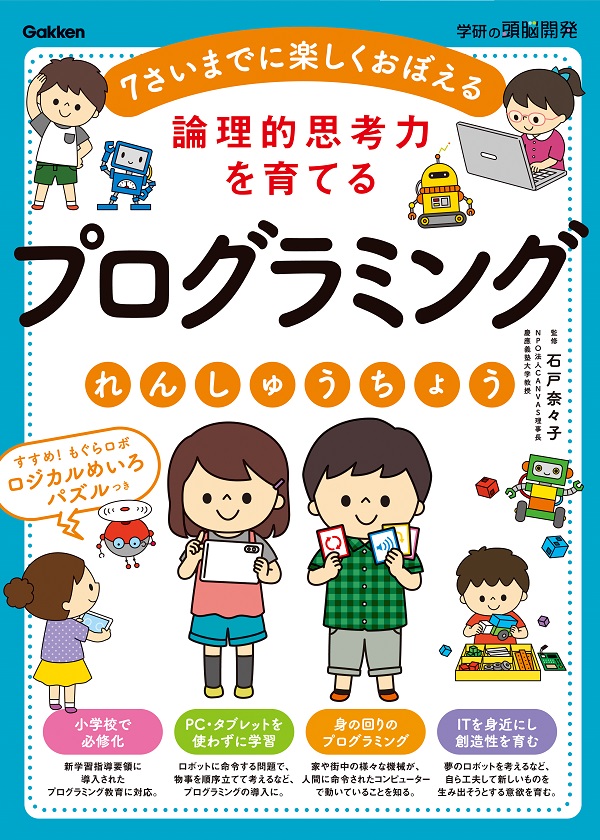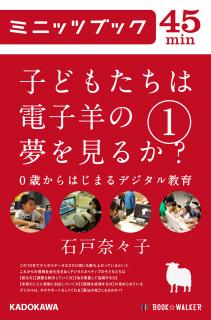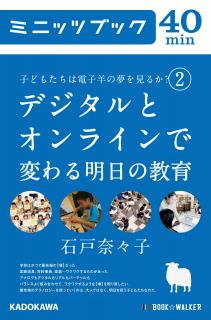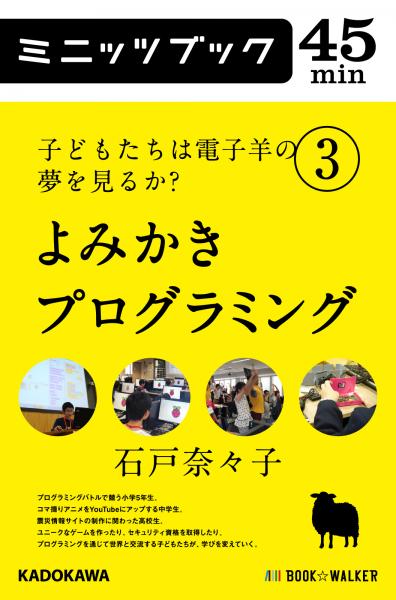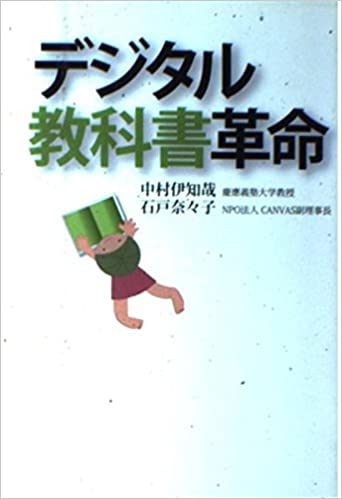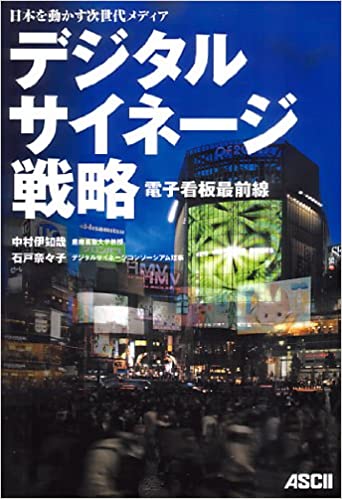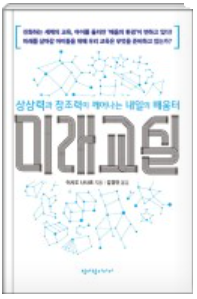English
- 2014.01.05
- 【EN】CANVAS
The children of the world use their mobile phones to create four-panel comic strips from photographs. Children go out into the streets with digital cameras in hand, and transmit information about their areas via four types of media: blogs, podcasts, newspapers, and videos. Children edit famous movies such as Popeye, Chaplin, or Superman, creating new video works. Children aim to be DJs. They select the sounds they want from among countless tracks, combine them together, create their own forms of expression, and play them to others, shaking the bodies of their audiences.
The NPO CANVAS, established over 12 years ago in 2002, continues to provide the children of the digital age with a chance to create and to express themselves. We have held 3,000 workshops to date. Around 350,000 children have participated.
What kinds of ability do we want the children who will live in the coming age to develop? We asked people active in various fields — government ministers, gold medalists of Olympic, managers, university professors, lawyers, public officials, pediatricians, writers, entertainers — for their thoughts.
“Creativity.” “The ability to grasp and solve problems.” “The ability to respect others and collaborate with them.” “The ability to respond flexibly to hitherto unknown situations.”
Their answers seem to differ somewhat from the things which have been valued in school education until now.
Let us look at the results of a survey carried out in the spring of 2010 by Keidanren, “Important points when selecting new university graduates for employment”. Communicative ability ranked first with 81.6%, independence came second with 60.6%, while the ability to cooperate was third with 50.3%. In comparison, academic achievements only scored 5.4%.
What are the abilities that will be required in the 21st century, and what kind of learning environment is necessary to produce them?
Until now, the acquisition of more and more knowledge has been valued most highly. The lesson format in which a teacher passed on his or her knowledge to many students in a one way process was effective in an industrial society that churned out personnel with a homogenized set of knowledge.
However, the economy has globalized, and our society has become one in which large volumes of information travel back and forth across national borders. This requires the ability to select from among this large volume of information, put it back together in different ways, and create new value, all within a community made up of differing cultures and differing values.
A learning space in which children can learn in the ways that suit them individually, while respecting diversity. One in which children from different backgrounds and with diverse abilities can communicate and collaborate in order to create new value. CANVAS aims to create this kind of learning space.
We want to increase the creativity and powers of expression of each child. We want to make Japan into a superpower when it comes to powers of expression. We want to invigorate the world’s communication.
We are building an environment in which children can participate as actively as possible, through collaboration with governments, local authorities, businesspeople, museum personnel, school and education personnel, university researchers, artists, and everyone else.
“I don’t want to go home!”. “I want to come back tomorrow!”. We will introduce this new learning space, which makes children’s eyes sparkle, a little at a time.


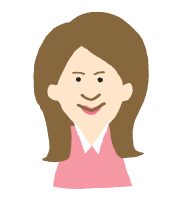

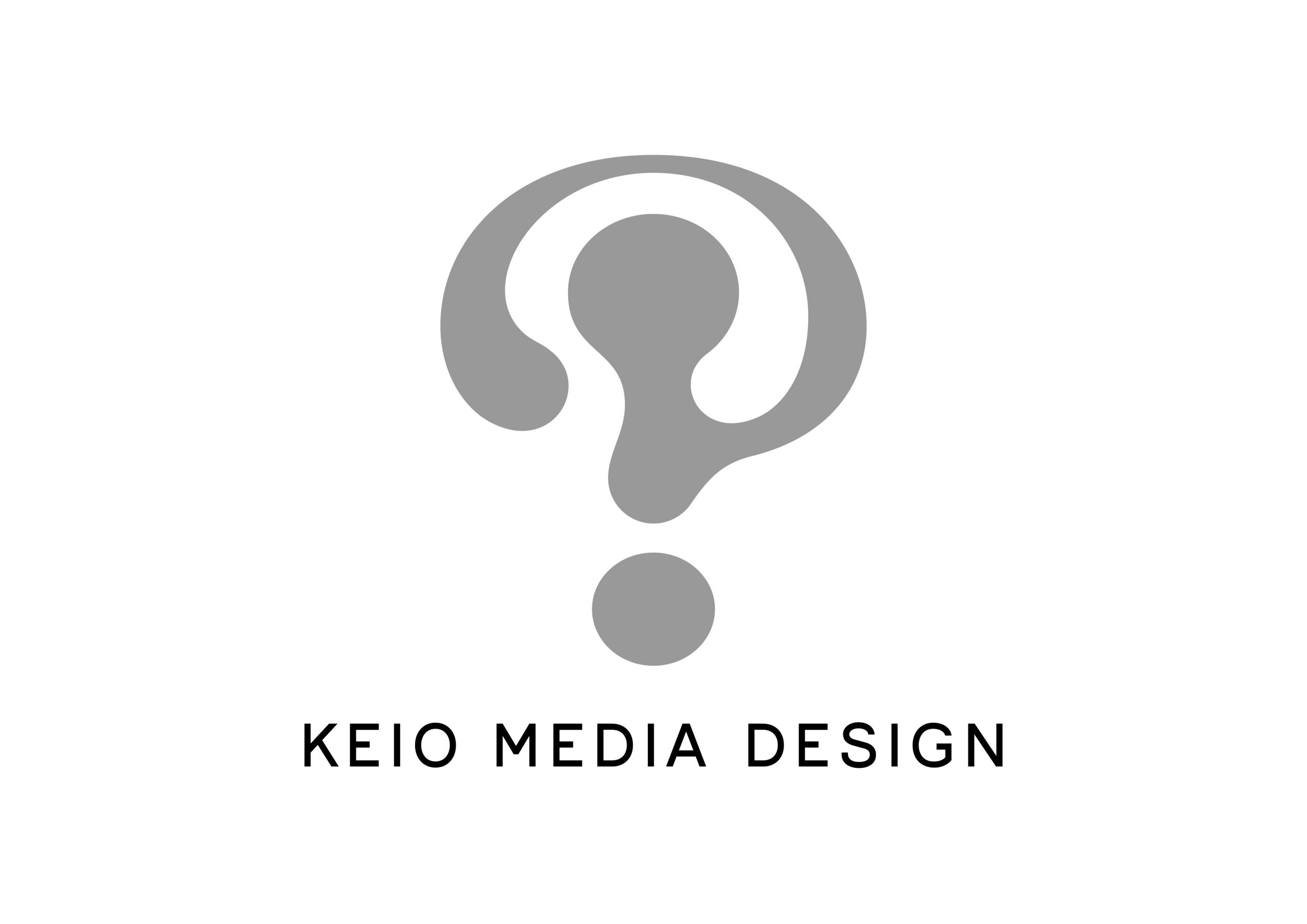
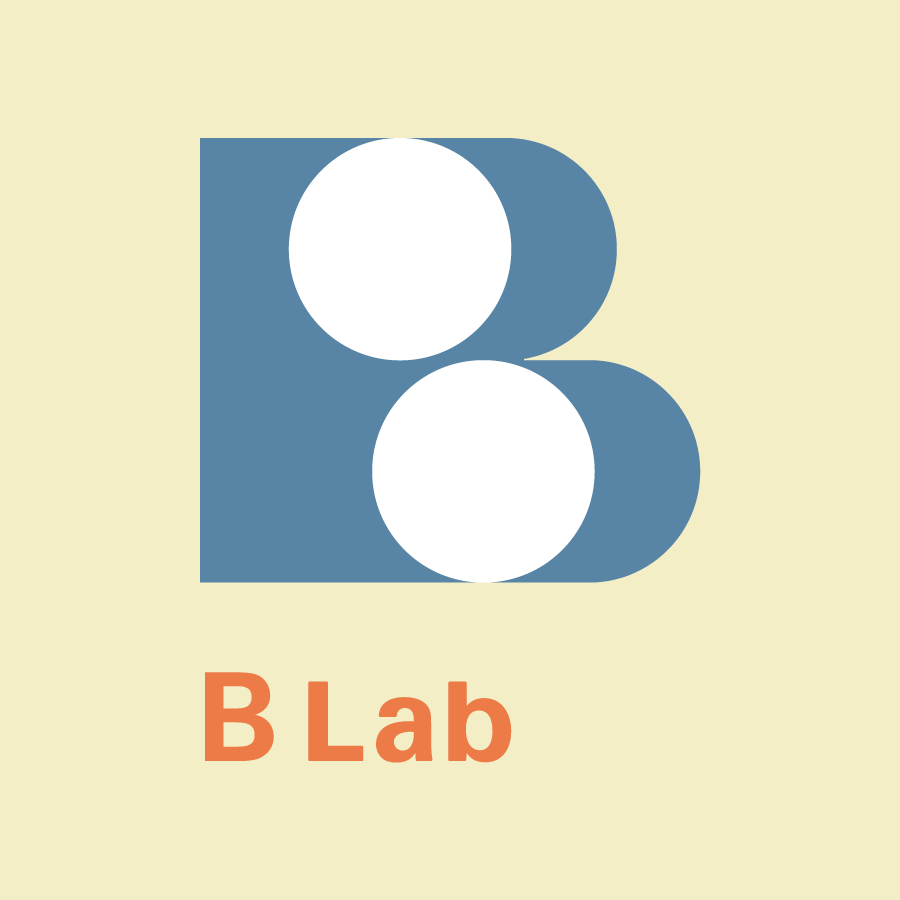
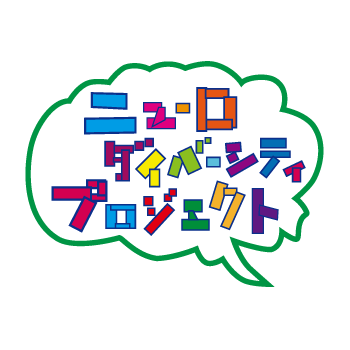
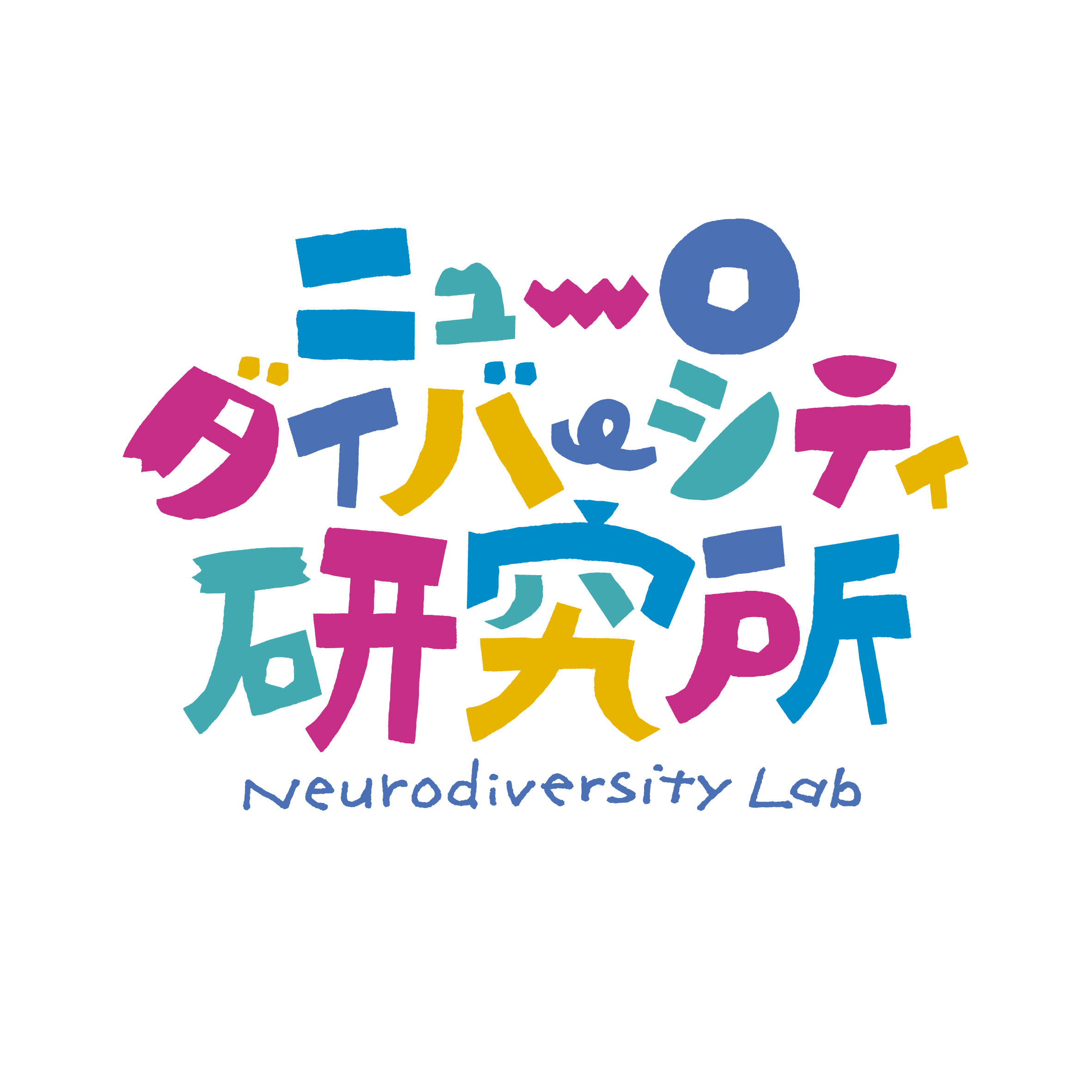
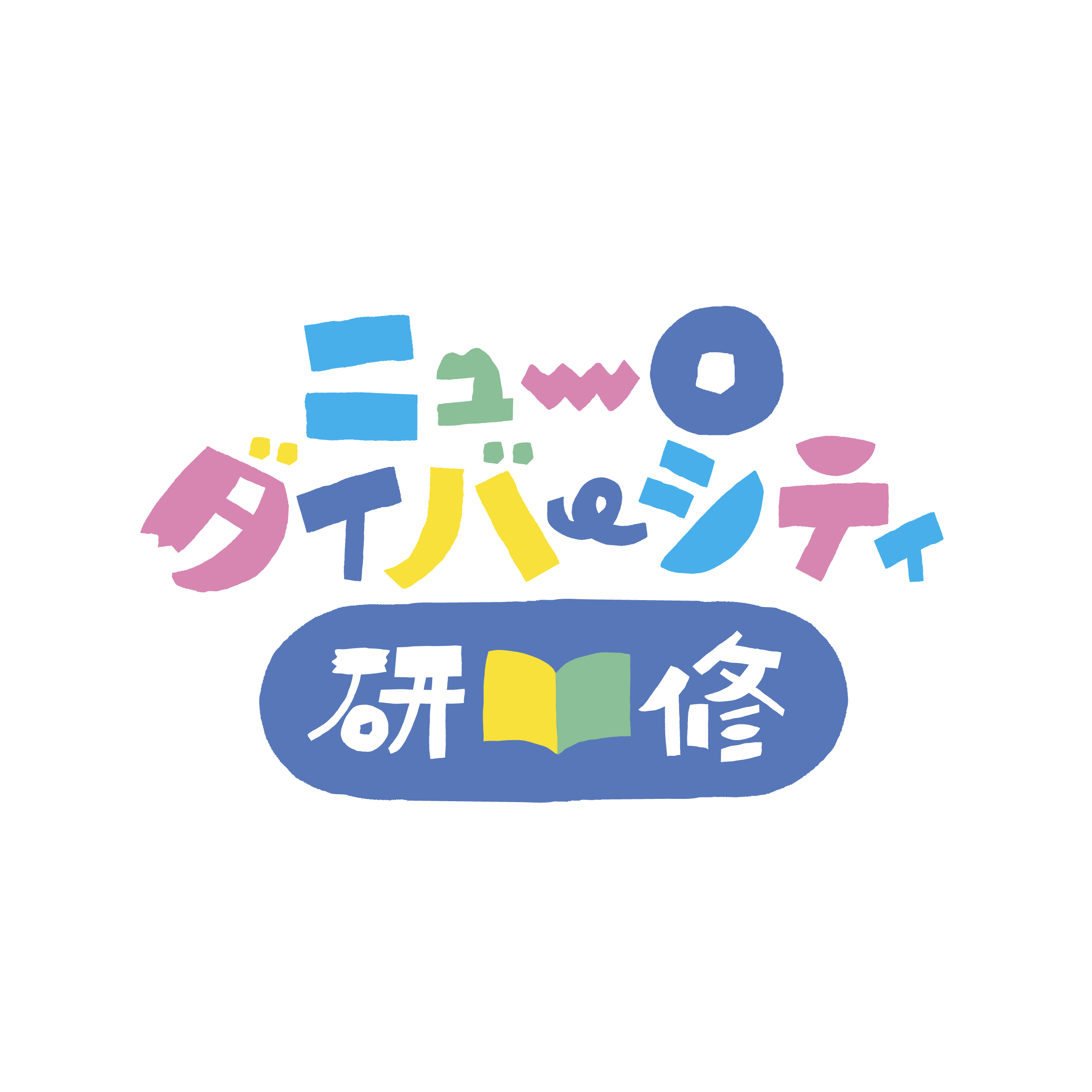
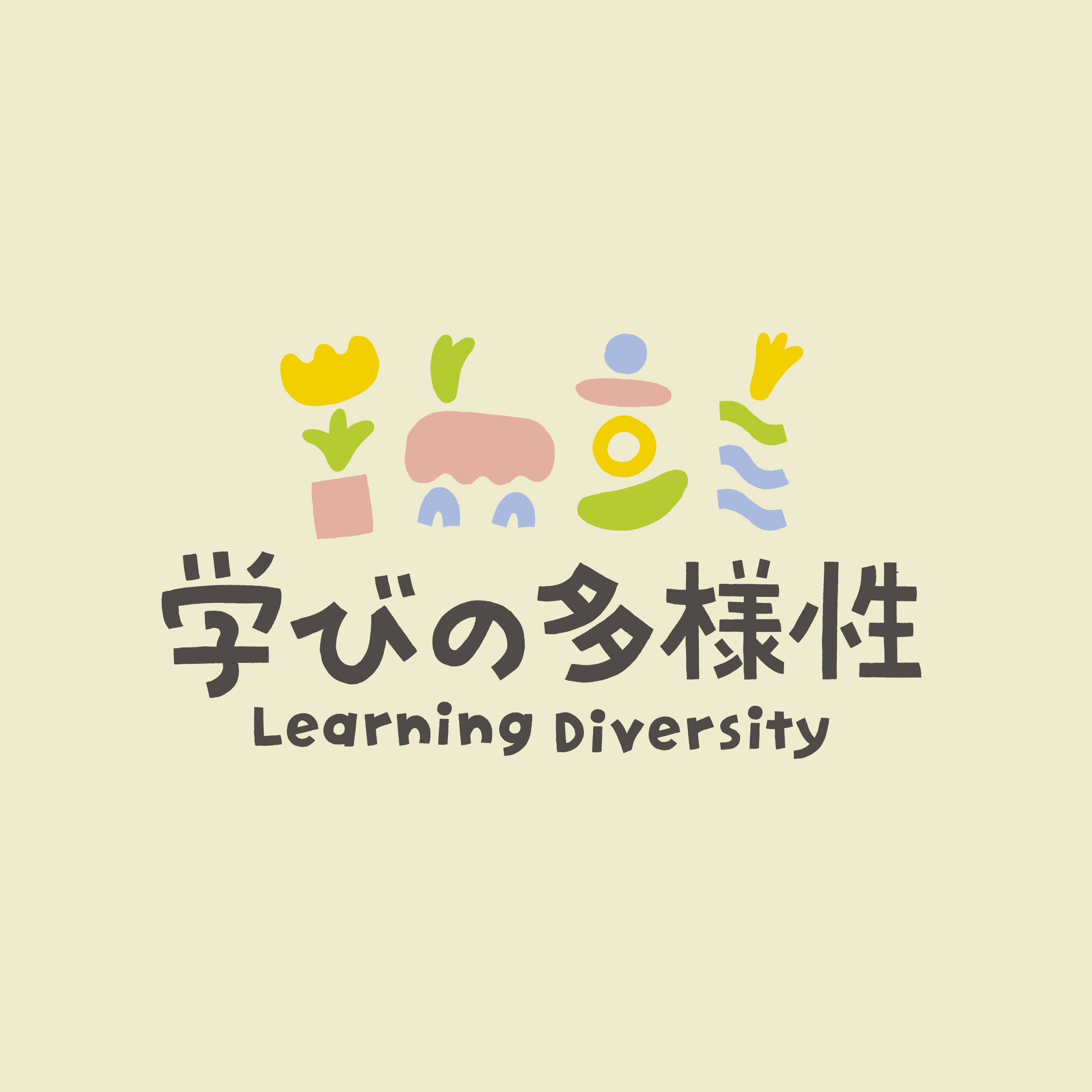
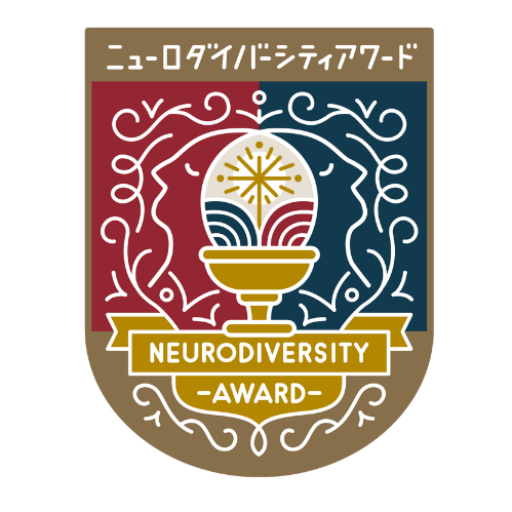
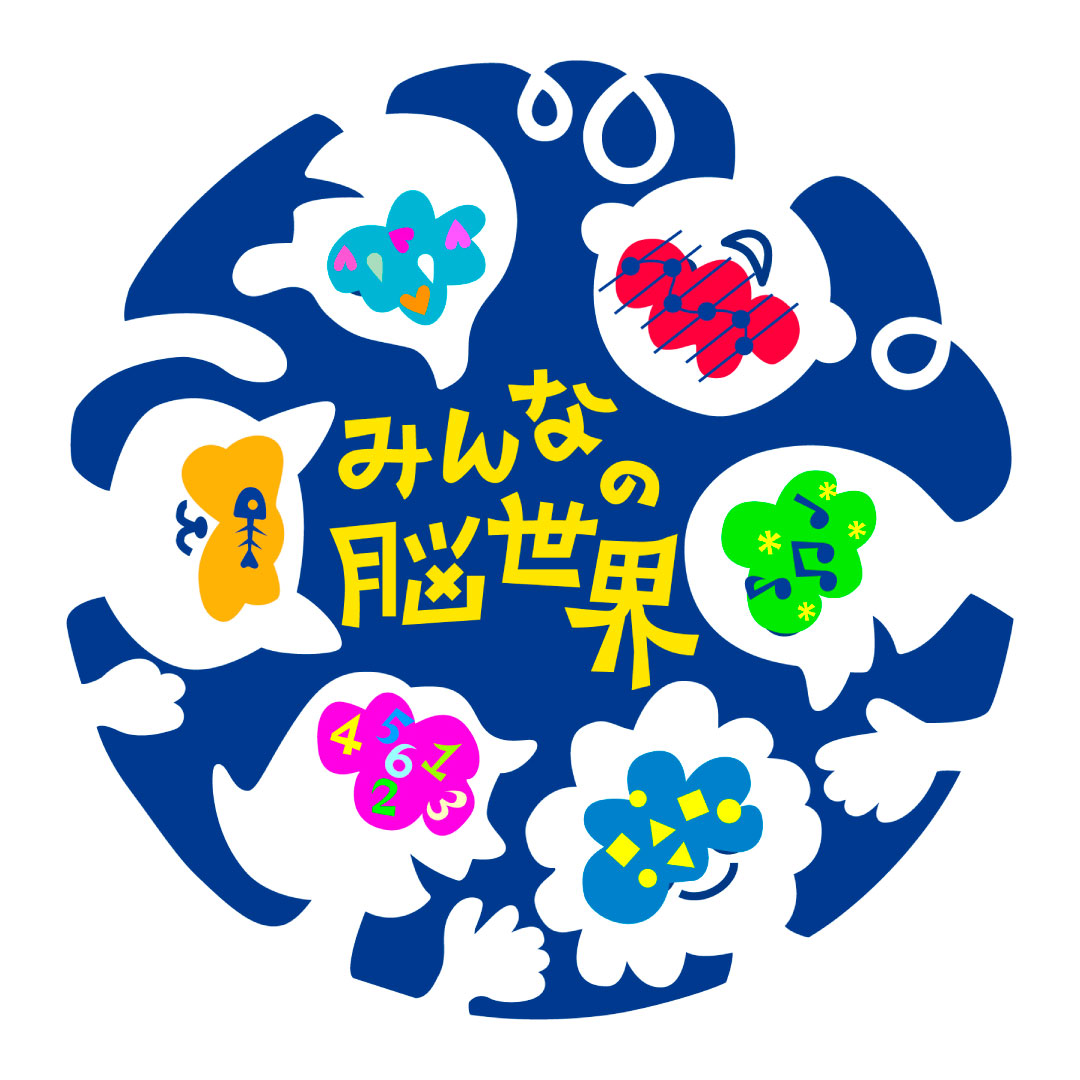
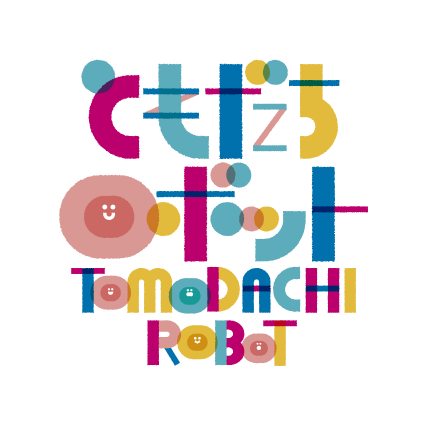

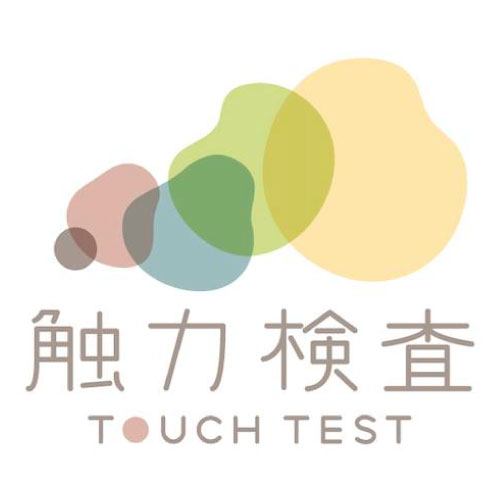
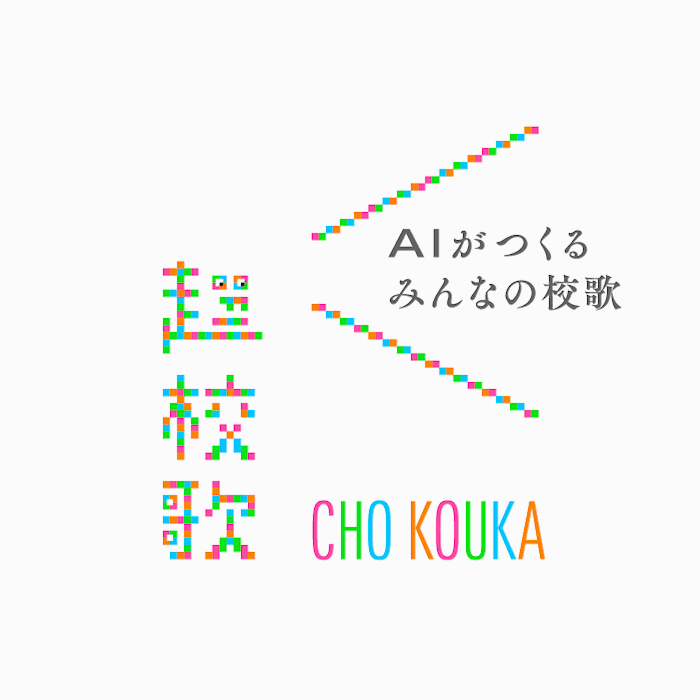
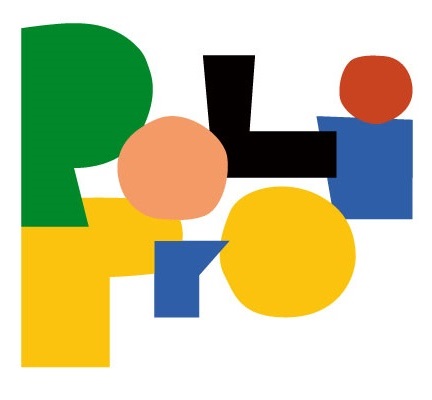
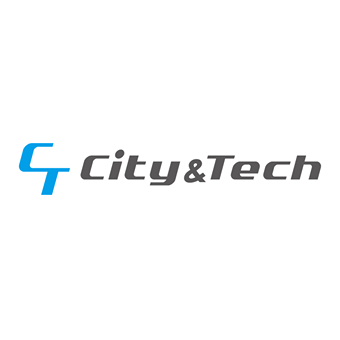
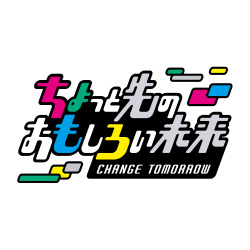
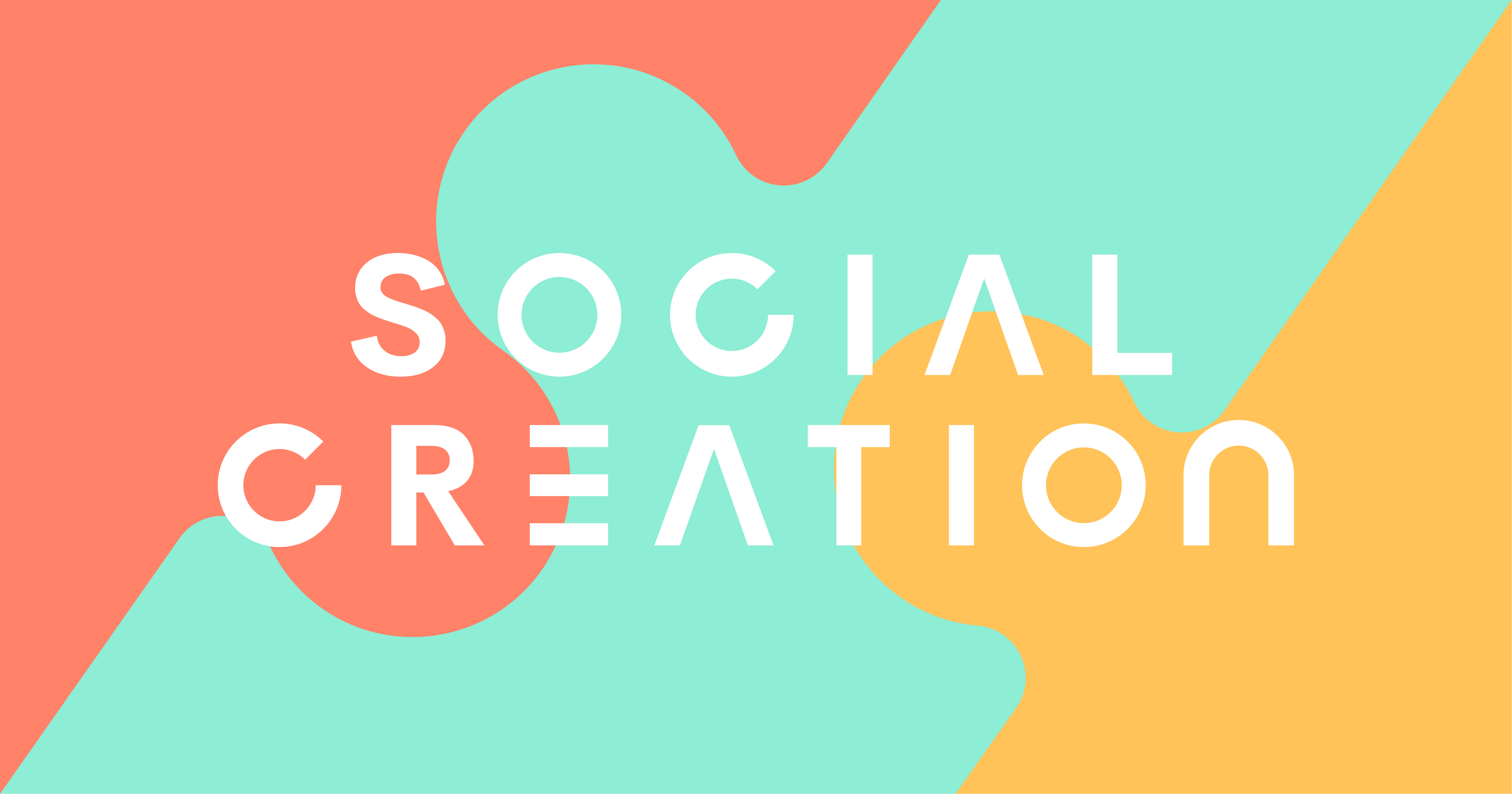


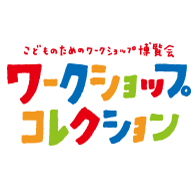
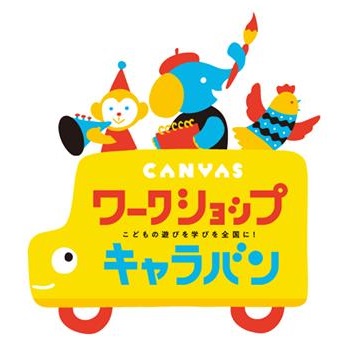
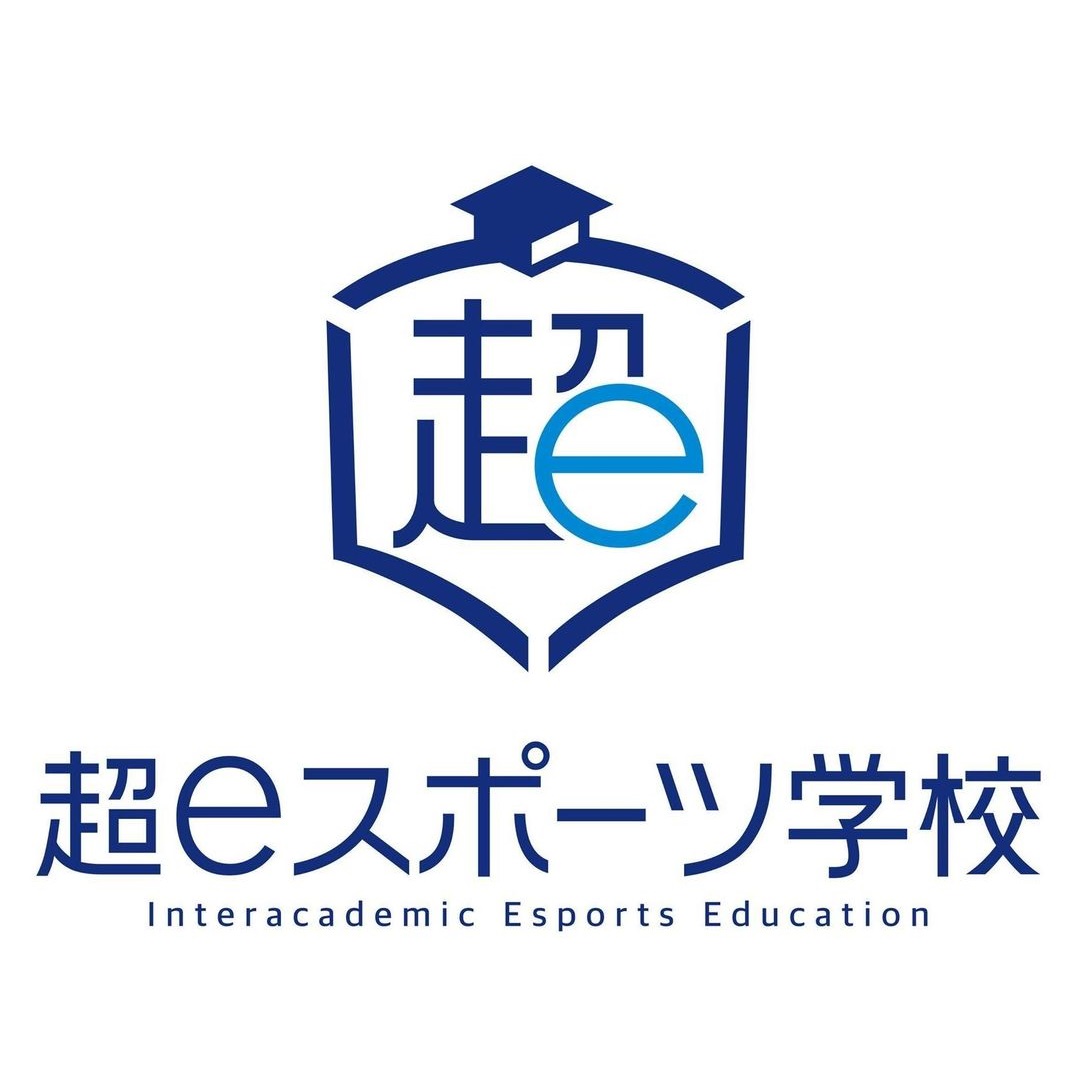
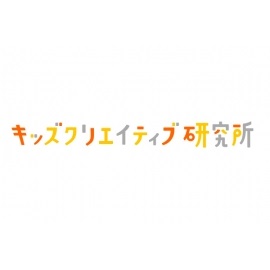

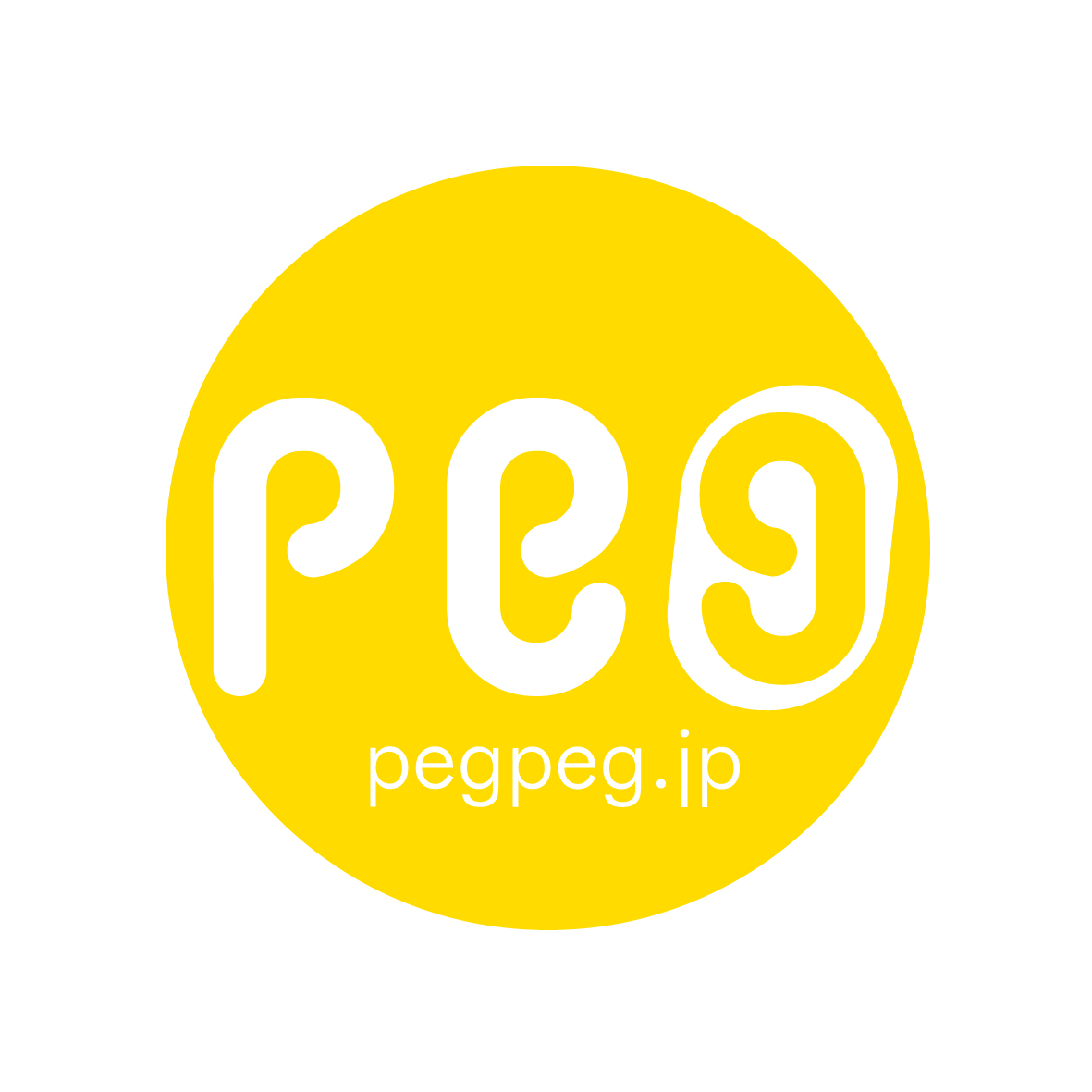
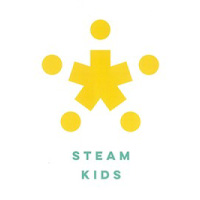
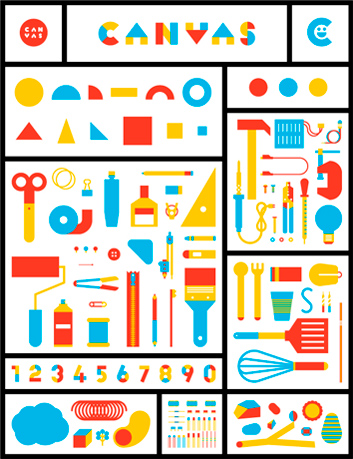
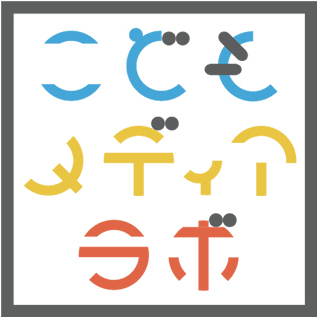
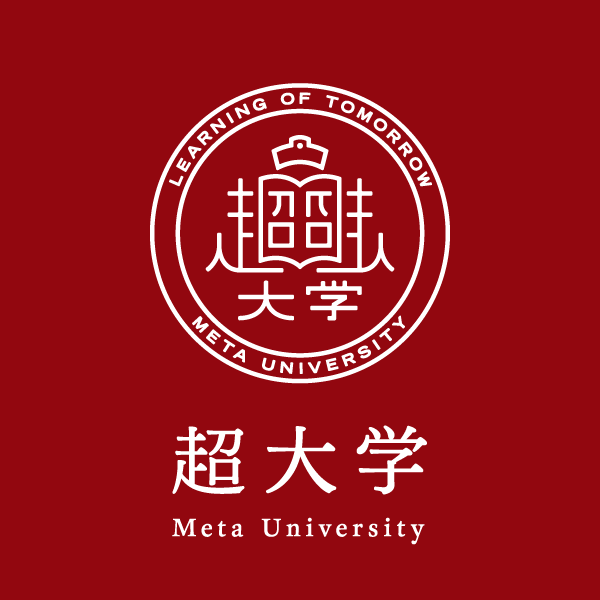
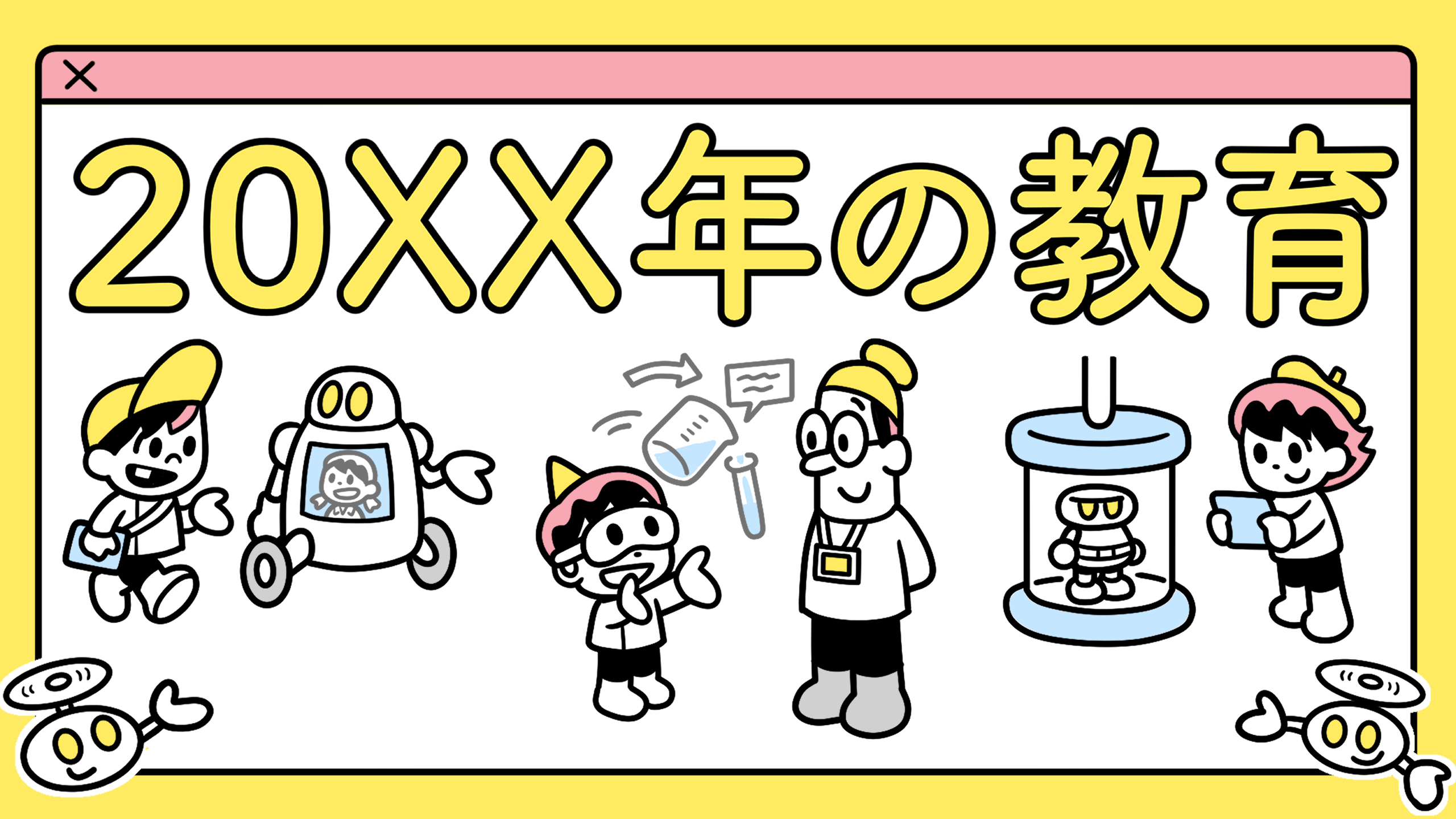
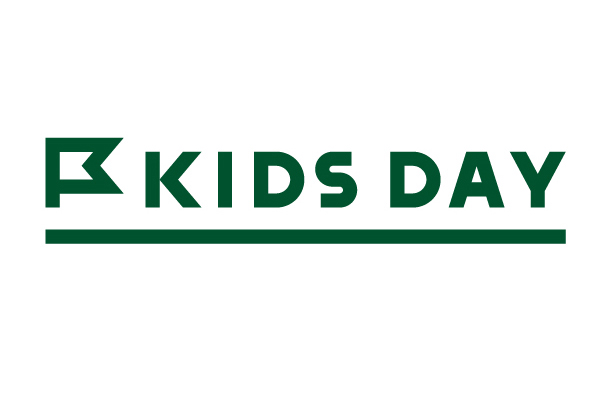



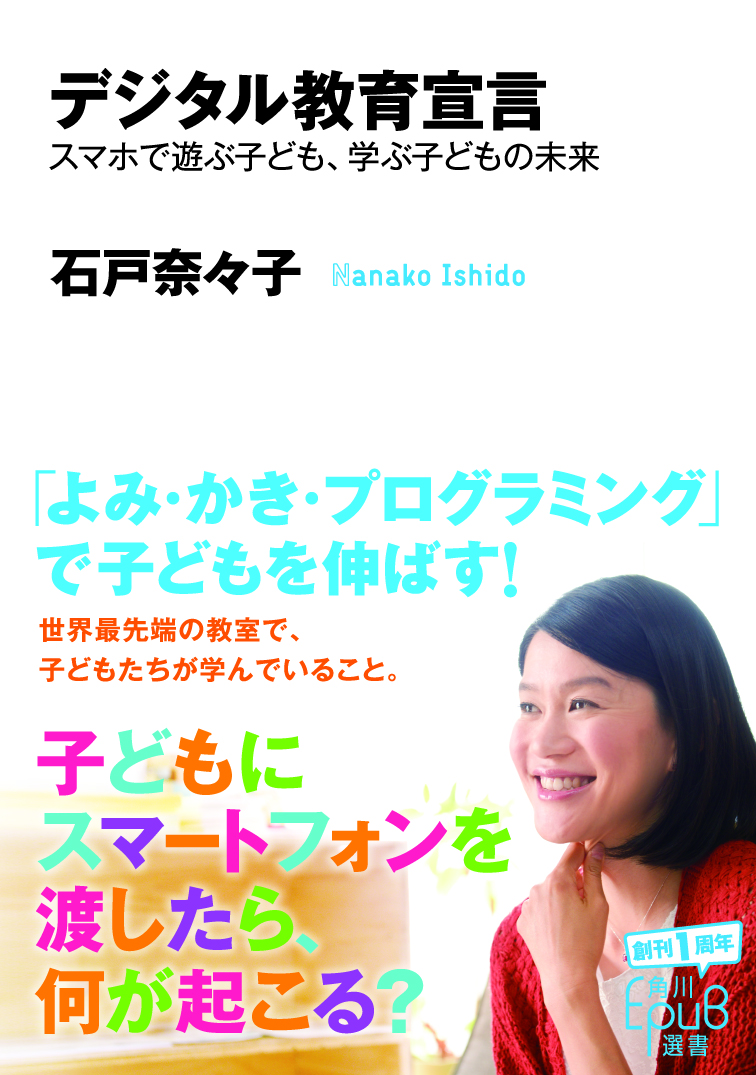
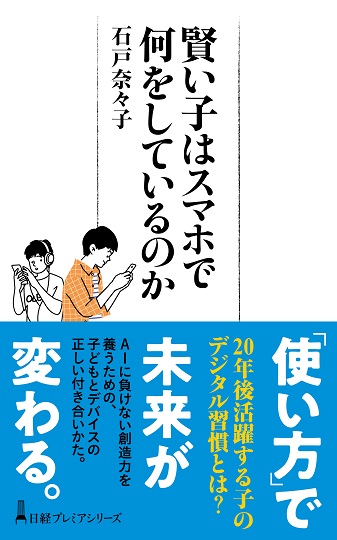
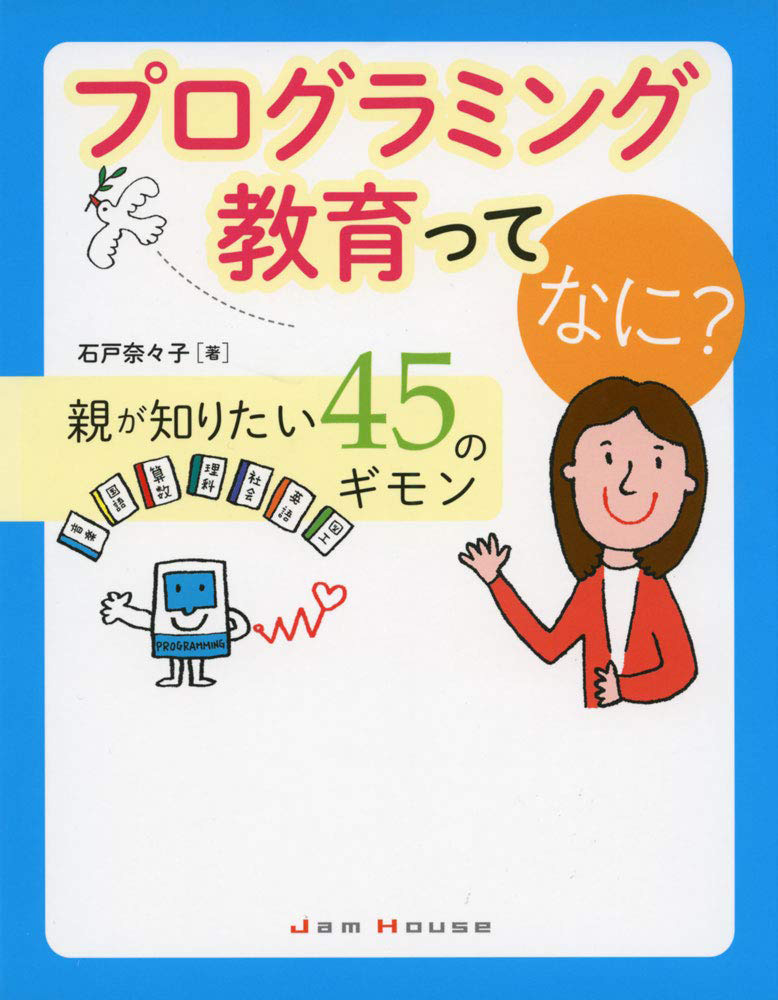


4052047885.jpg )
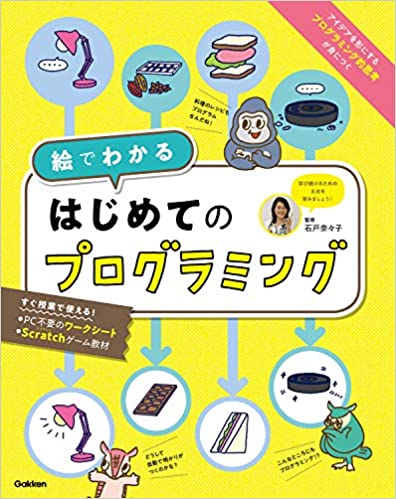
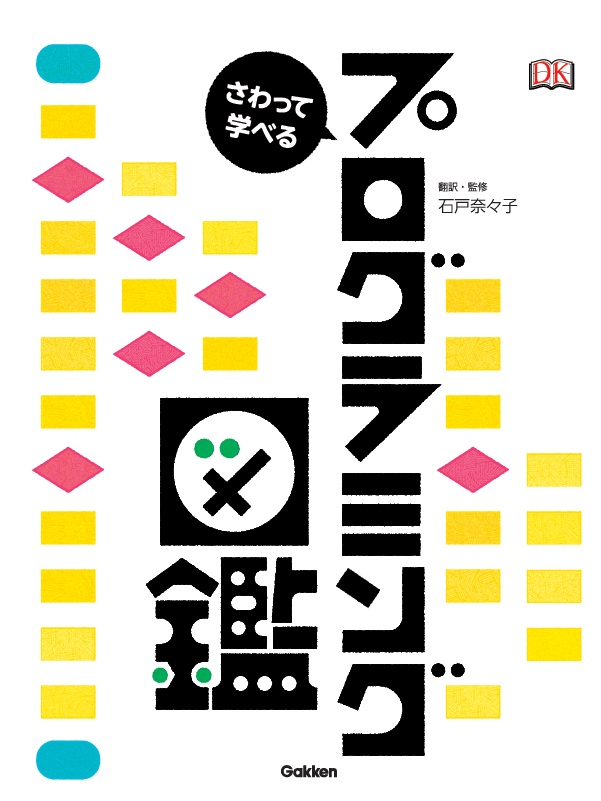
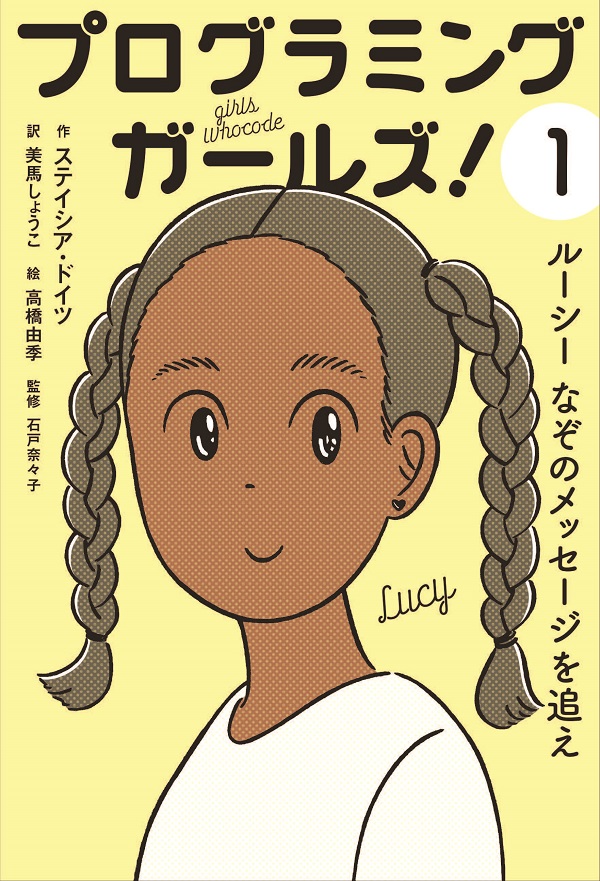
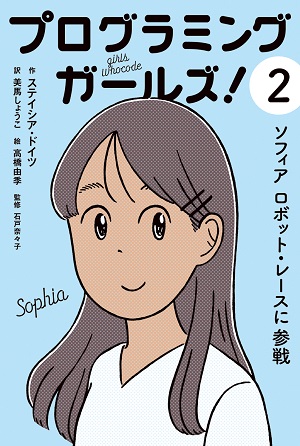



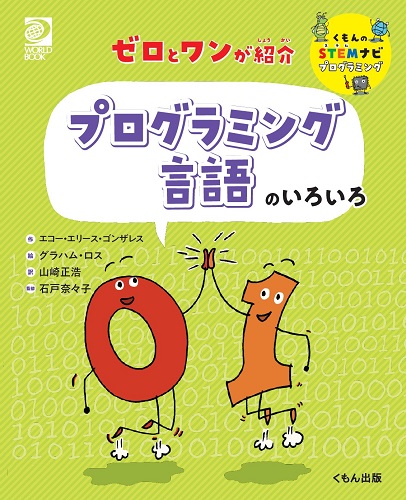
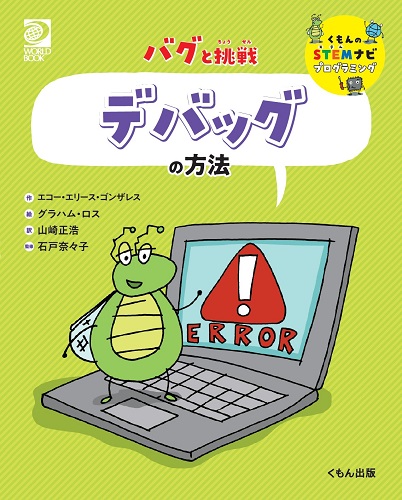
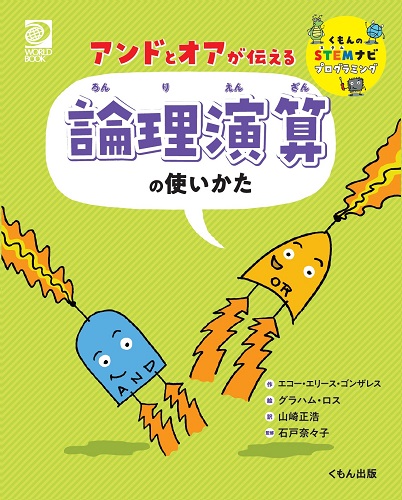
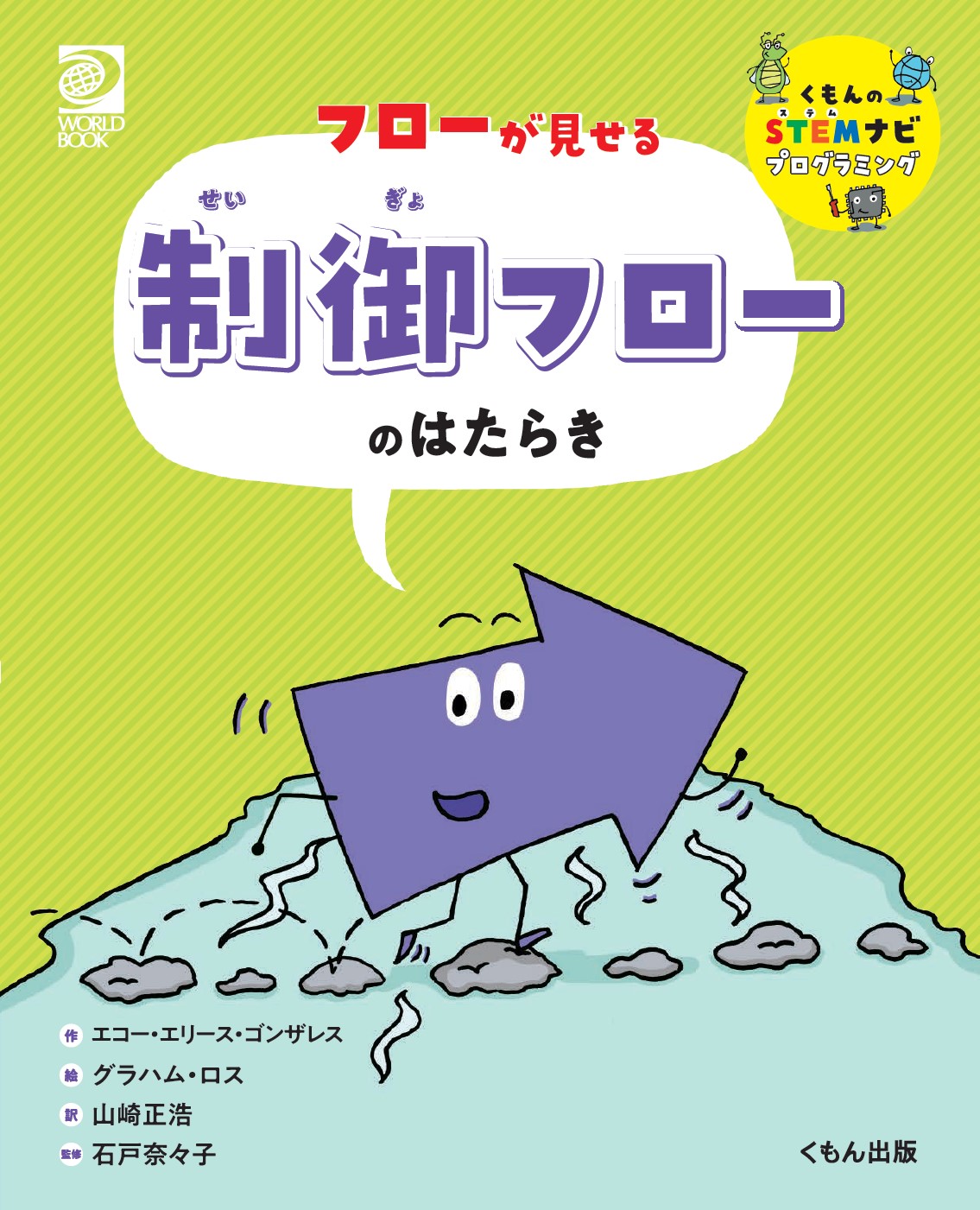
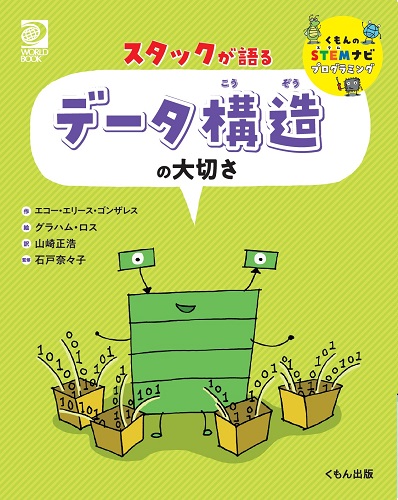
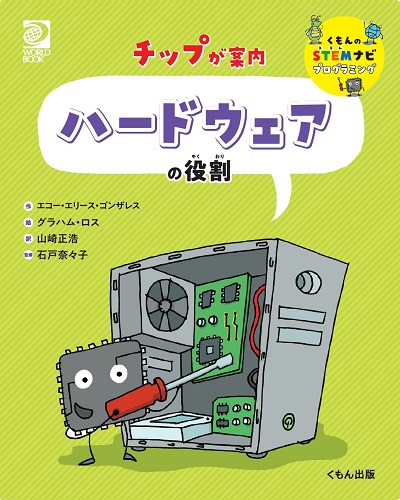
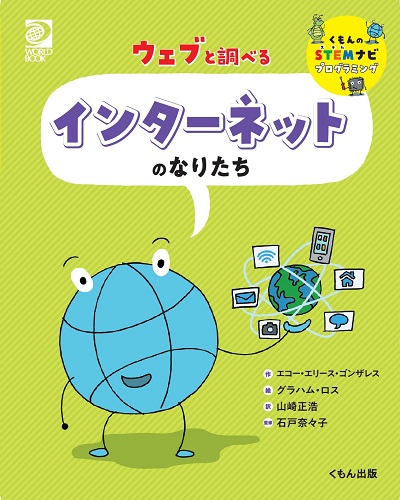
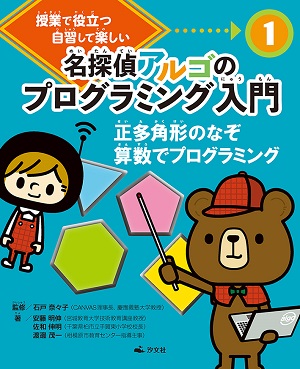
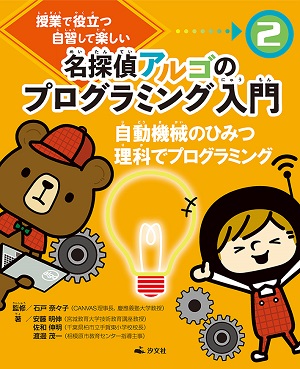
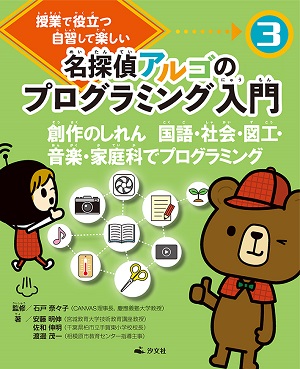
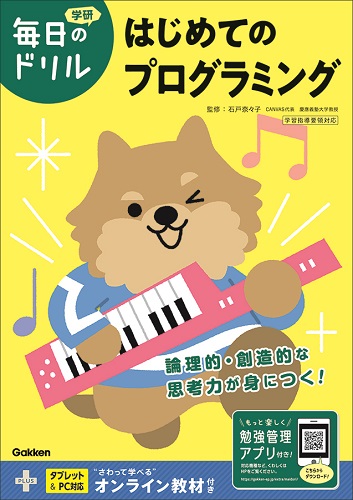
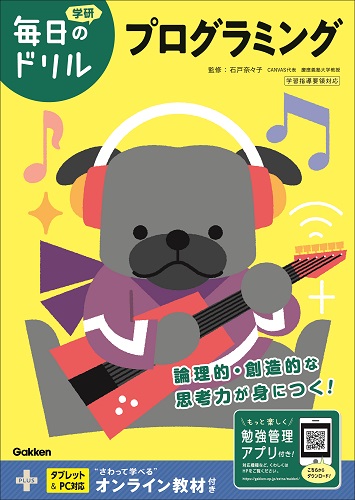
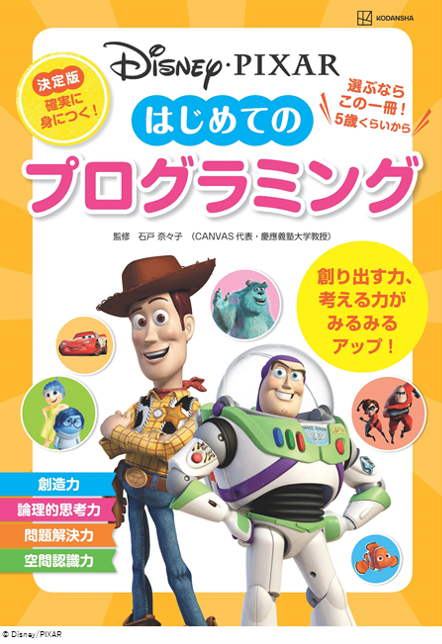
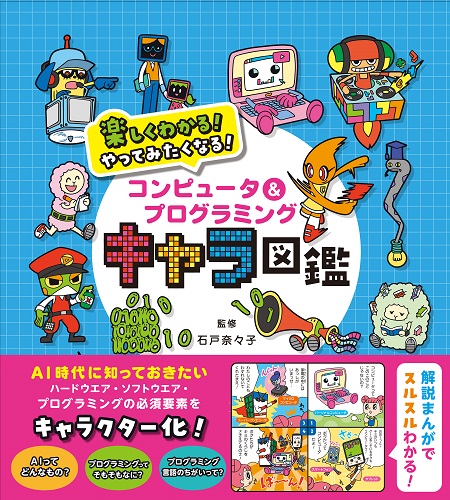

1.jpg)
